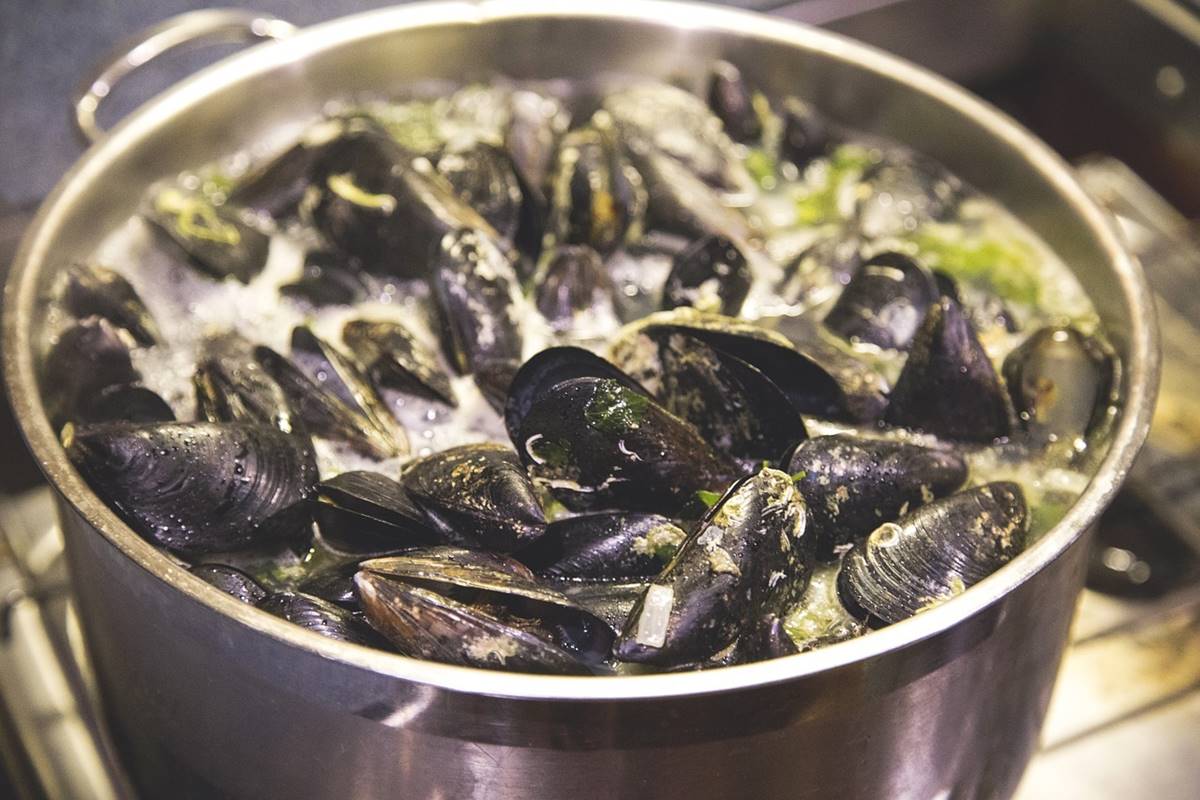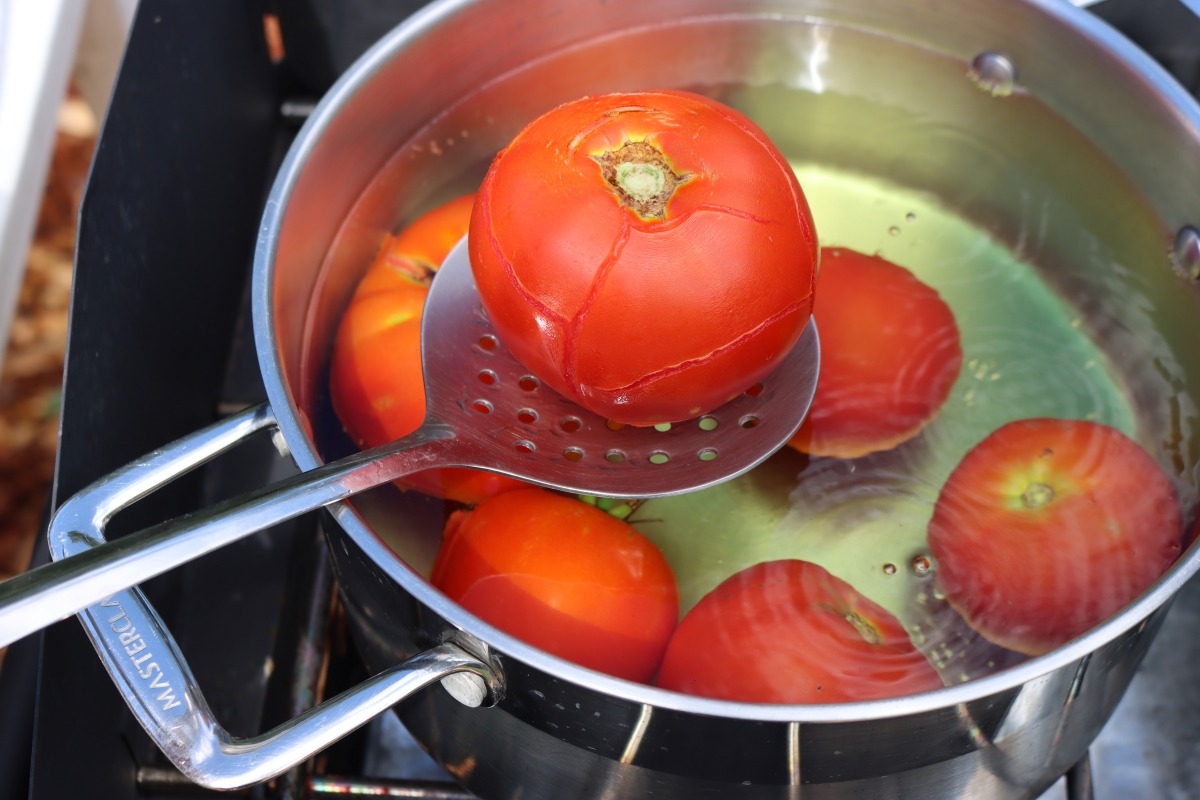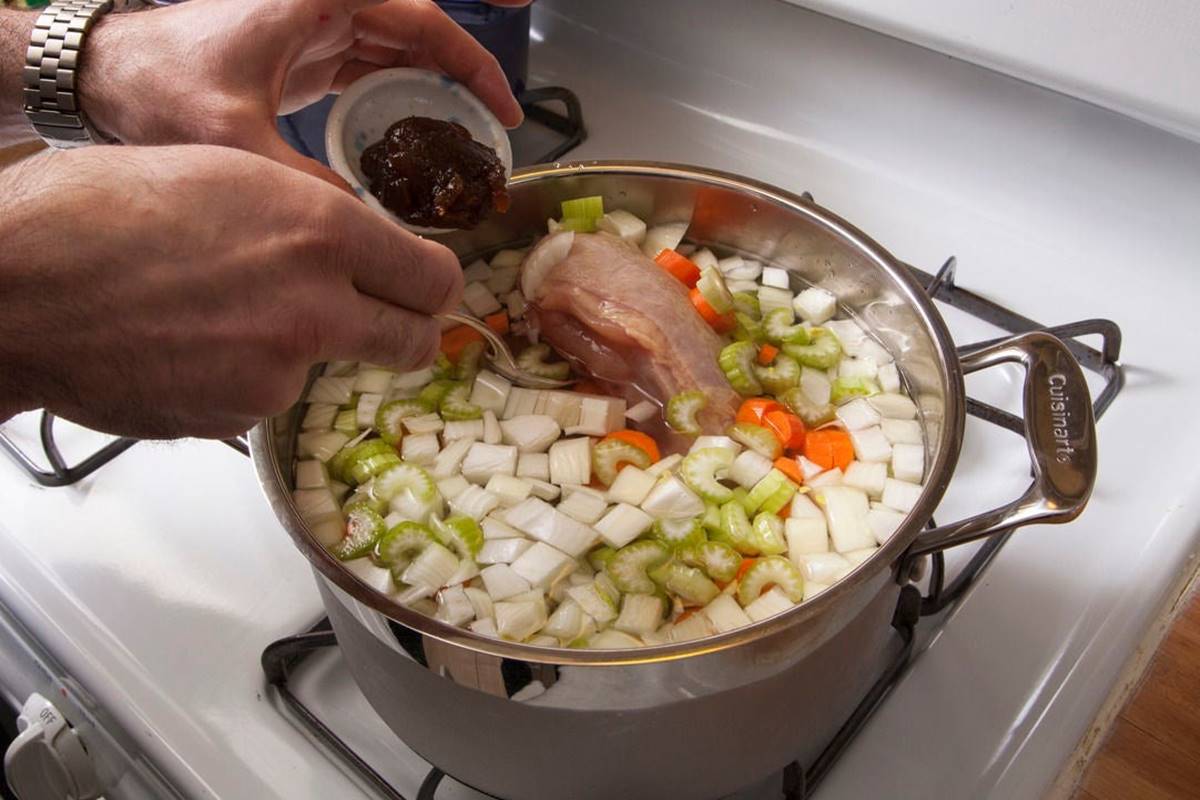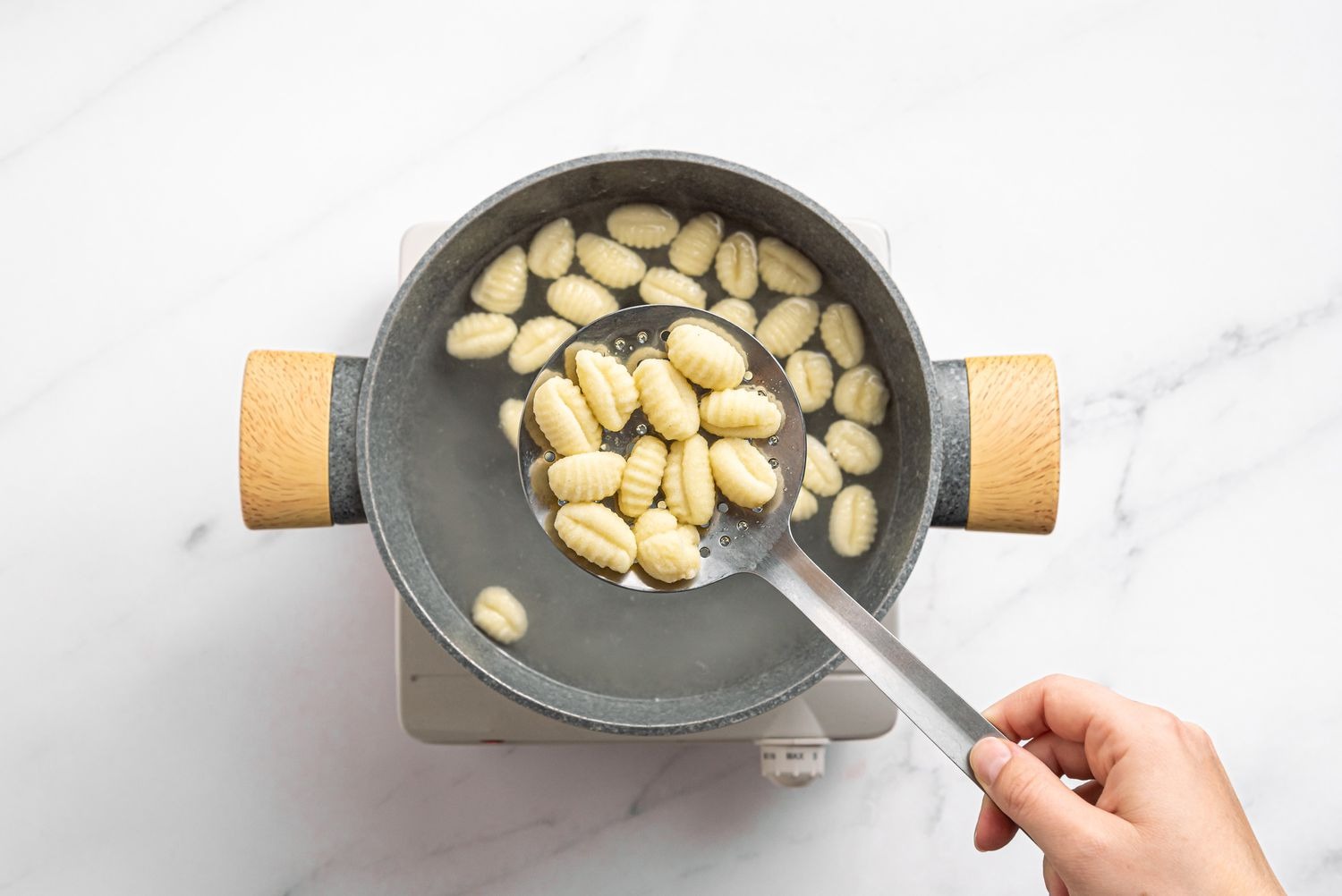How To Boil Egg For Ramen: A Step-by-Step Guide
If you’re a ramen enthusiast like me, then you know that a perfectly boiled egg is an essential addition to any bowl of slurp-worthy goodness. The soft, creamy yolk and tender egg white add a delightful contrast of flavors and textures to the rich broth and chewy noodles. In this guide, I will walk you through the process of boiling the perfect egg for your ramen, ensuring that you achieve egg-cellence every time!
What You’ll Need:
- 1 or 2 fresh eggs
- A medium-sized saucepan
- Water
- A slotted spoon
- An ice bath (a bowl filled with cold water and ice cubes)
The Process:
- Start by gently placing the eggs in a saucepan and covering them with cold water. Make sure the water level is about an inch above the eggs.
- Place the saucepan on the stove over high heat and bring the water to a rolling boil.
- Once the water reaches a boil, set a timer for 6 minutes for a soft-boiled egg with a runny yolk, or 8 minutes for a slightly firmer yolk.
- While the eggs are boiling, prepare the ice bath by filling a bowl with cold water and adding a generous amount of ice cubes. This will help stop the cooking process and cool the eggs rapidly.
- Once the timer goes off, carefully remove the eggs from the boiling water using a slotted spoon and immediately transfer them to the ice bath.
- Let the eggs sit in the ice bath for at least 5 minutes to ensure they are fully cooled.
- Gently tap the eggs on a hard surface to crack the shell, and then peel them under cool running water.
- Now your perfectly boiled eggs are ready to be added to your ramen!
Tips and Tricks:
- For a marbled effect on your soft-boiled eggs, gently roll them on a hard surface after peeling to create cracks before placing them in the ice bath.
- If you prefer a firmer yolk, you can adjust the boiling time accordingly. Experiment with different timings to find the perfect consistency for your taste.
- Fresh eggs are easier to peel, so try to use eggs that are a week or two old.
- Remember to handle the boiled eggs with care, as they can be delicate and easily break.
Enjoy your ramen adventure with the added perfection of a perfectly boiled egg. Whether you prefer a soft, creamy yolk or a slightly firmer texture, this step-by-step guide will help you achieve egg-cellent results every time. So, go ahead, get boiling, and elevate your ramen game to the next level!
Mastering the art of boiling eggs for ramen can elevate your homemade ramen dishes to new heights. Readers can explore recipes like Curry Ramen with Soft-Boiled Egg, Classic Tonkotsu Ramen with Soft-Boiled Egg, and Shoyu Ramen with Soy-Marinated Egg to put their new skills to the test. For those who love a bit of heat, Spicy Miso Ramen with Runny Yolk Egg and Kimchi Ramen with Runny Yolk Egg are excellent choices. If you prefer a more unique flavor, try the Miso Butter Corn Ramen with Creamy Yolk Egg or Peanut Butter Ramen with Runny Yolk Egg. Each of these recipes offers a different take on incorporating perfectly boiled eggs into ramen, making them a great way to practice and refine your technique.
Was this page helpful?
Read Next: How To Boil Potatoes With Skin On









